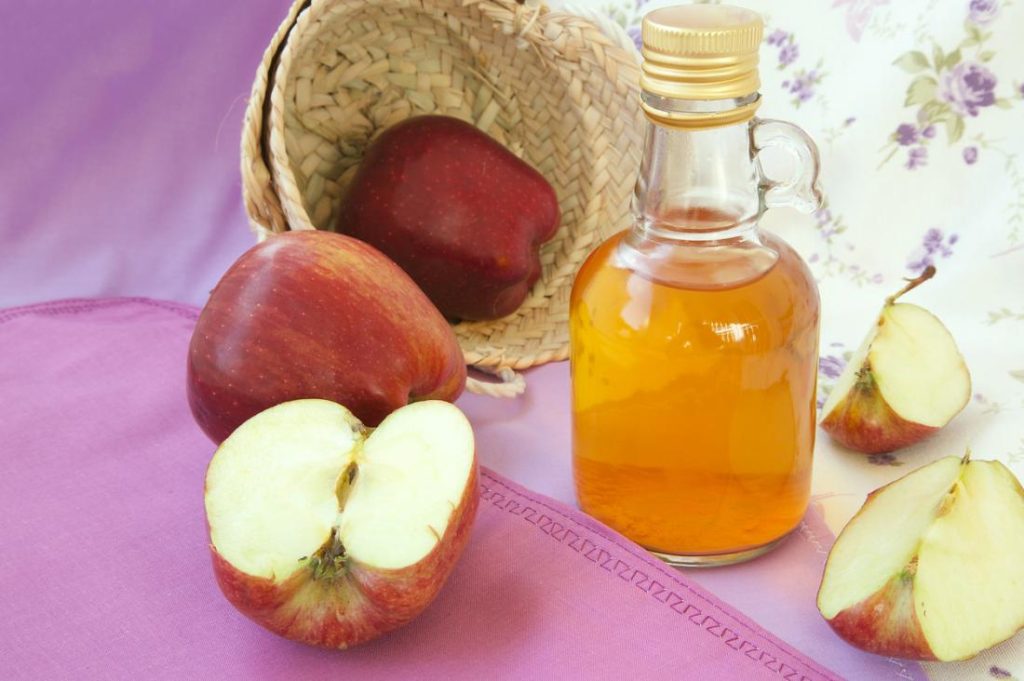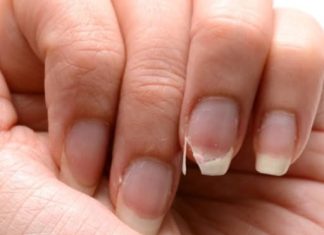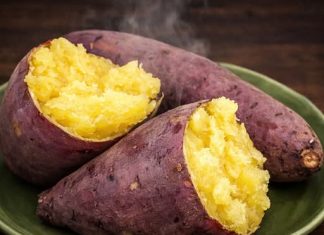A warming blend of honey, apple cider vinegar (ACV), and cinnamon, often known as honeygar, has roots in both Ayurvedic and folk medicine. ACV mixed with honey sometimes with cinnamon and lemon.
Key Ingredients & Their Benefits
Honey: Nature’s Antimicrobial Sweetener
Raw, unfiltered honey is rich in antioxidants, vitamins, enzymes, and minerals. It’s recognized for its antibacterial effects, immune-boosting polyphenols, and use as a cough reliever or wound healer.
Apple Cider Vinegar (ACV): Acetic Acid Power
ACV has been studied for its acetic acid, which can promote blood sugar control, aid weight management, support digestion, and reduce inflammation. Raw ACV with “the mother” is often recommended for more probiotic compounds.

Cinnamon: A Potent Anti‑Inflammatory Spice
Especially if using Ceylon cinnamon, this spice offers antioxidants and anti-inflammatory compounds like cinnamaldehyde. It may help with cholesterol regulation, improved insulin sensitivity, and joint comfort.
Potential Health Benefits of the Mixture
Heart and Metabolic Support
Honey lowers LDL cholesterol by ~6–11%, and lowers triglycerides by ~11%. Cinnamon can reduce total cholesterol and LDL levels too. Combined, they may support cardiovascular health, though direct studies on this combo are limited. Vinegar slows carb absorption, helps blunt post-meal glucose spikes, and modestly improves insulin sensitivity—benefits useful for weight and blood sugar control.
Digestive and Gut Health
Honey is a prebiotic that supports gut microbiota; cinnamon can help soothe indigestion or gas. ACV stimulates digestive enzymes and may improve bloating. Together, they can ease digestive discomfort.
Anti‑Inflammatory and Arthritis Relief
The antioxidant and anti‑inflammatory properties in honey and cinnamon may help reduce arthritis pain and inflammation, though they shouldn’t replace medical treatments.
Immune Support and Skin Health
Honey’s antimicrobial action combined with cinnamon’s and vinegar’s antioxidant compounds may enhance immune resilience, potentially helping with mild infections or skin protection.
How to Prepare & Consume
A basic daily mix looks like:
- 1 cup warm (not boiling) water
- 1–2 Tbsp apple cider vinegar (diluted)
- 1 tsp raw honey
- ¼–½ tsp ground cinnamon (preferably Ceylon)
Mix gently, drink before meals or after dinner. Variations can include lemon juice, turmeric, cayenne pepper, or ginger. Always dilute ACV and rinse your mouth afterward to protect enamel.
Precautions & Caveats
- Sugar content: Honey is high in natural sugars—moderation is essential, especially for those with diabetes.
- Cinnamon type: Cassia cinnamon contains coumarin, which may be toxic in large amounts. Limit to ≤ ½ tsp/day for Cassia; up to 1 tsp/day is safer for Ceylon cinnamon
- Acidity risks: Unbuffered ACV may irritate the throat, stomach, or erode tooth enamel. Always dilute and avoid drinking on an empty stomach
- Medical context: This tonic is not a substitute for prescribed medication or medical care. People with diabetes, low potassium, stomach ulcers, or on medications like diuretics or insulin should consult a healthcare provider before daily use.

Final Verdict: A Sweet-Pungent Tradition, Not a Cure-All
Honeygar or cinnamon‑honey‑vinegar tonics have a long folk‑medicine history. While individual ingredients offer real, modest benefits, few rigorous studies evaluate them together. The drink may support heart health, digestion, mild inflammation, and blood sugar control—especially when consumed mindfully as part of a balanced diet rather than relied upon as a miracle remedy

















